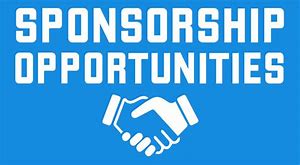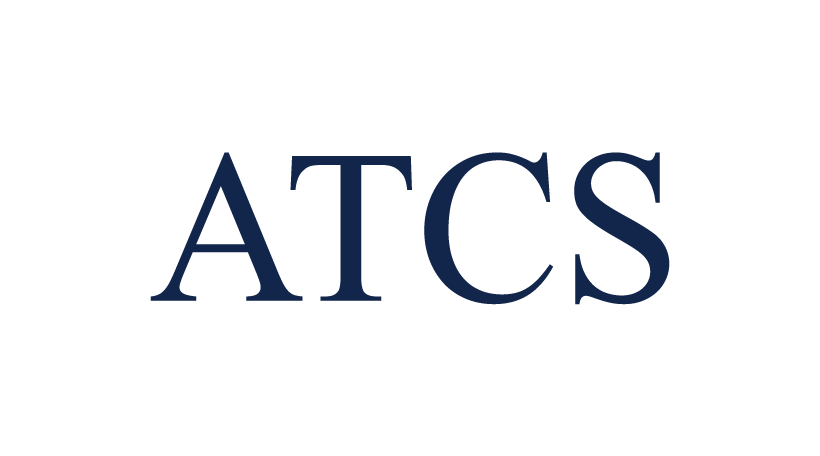Discover Engineering Family Day & Advice to College Students
The National Building Museum in Washington, DC, held its annual Discover Engineering Family Day on Feb. 17, 2018. Discover Engineering Family Day is a fun-filled day designed to introduce students 4 to 12 to the wonder of engineering. It attracts thousands of people and kicks off Engineers Week activities as well.
Engineers Week is a time for everyone to celebrate and wonder what the next big innovation will be. It’s also a wonderful opportunity for volunteers and educators to inspire students by engaging them in hands-on engineering outreach, showing them that their school subjects can help solve real problems, and, of course, encouraging them to wonder “is engineering my future?” It is always fun to be part of these activities and this year I enjoyed not only talking to many parents and young future engineers but also some of the readers of ASCE-NCS monthly newsletters.
And surprisingly we met some of our former students. Especially two engineers from our Saturday classes were very happy since they’ve conquered their FE and PE exams, thanks to our pro bono classes and ASCE-NCS, Dr. Z’s Corner articles.
We met some engineering students as well. Of course, as usual, they’ve asked for some tips for college students. I promised them I would include the advice of an MIT professor in this month’s column. As always, students and professionals alike are invited to visit Dr Z’s monthly practice problems here.
Dr. Edward Crawley is a professor of engineering and director of the Bernard M. Gordon Engineering Leadership Program at MIT. He gives the following advice to his students at MIT:
“Identify the people who inspire you and find out what makes them tick. If you love Apple products, Steve Jobs may be your idol. Then emulate his good traits in your personal, scholastic, and professional life.
“Develop a portfolio of your projects. Participate in every hands-on, experiential learning opportunity. This way, you’ll have something unique to show a prospective employer.
Learn the value of networking. When it comes to being a leader, whom you know is almost as important as what you know.
“In addition to E-mail, you can use LinkedIn or other social media tools to connect online. But remember: There’s no substitute for a traditional, face-to-face meeting, so if you can find a way to meet in person, that’s always the best.
“Work in teams as much as you can. Whether it’s creating a solar-powered car, participating in a sport, or writing for the school paper, get involved with an organization that requires a team effort to produce great results.
“Throughout your career, you can be sure you’ll work in teams, and the skills you develop in school will help prepare you to lead teams when you graduate.
“Seek informal leadership roles. You’re always a leader, whether you’re officially in charge of a team or not. Sounds counterintuitive, but you can lead from any position in an organization by influencing how people work together and how they make decisions.
“Find your flaws – and fix them. As with any skill, leadership needs constant improvement. When you are part of a team, try to create a way to get feedback from team members, group leaders, and professors.
“When you have concrete feedback on how people view you, you can work to improve your skills, including communication and leadership.
“Take a business class. As an engineer, it’s not enough for you to be technically proficient; you need to have business savvy. If you’re going to be a leader, you need to understand what a P&L is (also known as an income statement), read organization charts, know how to negotiate contracts, and be familiar with the myriad other functions that every top engineer needs to know.
A business course or two can take you a long way, and these classes are often easier to pass than your calculus course!
“Take design and other humanities classes. There’s a wide world out there beyond problem sets, laboratories, and theory.
“Tomorrow’s leaders will have to communicate effectively across international borders and be familiar with other cultures, so develop some proficiency in another language, travel abroad, or meet students from other cultures. Start “globalizing” right at college.
“Make your summers productive. Employers place tremendous value on practical experience. Seek out internship opportunities actively and early in your academic career. Try to demonstrate through your internships a series of evolving leadership experiences and use the internships to build your portfolio of actual projects/ products.
“Recruit and develop your personal board of directors. As an undergraduate, you might feel alone when confronted with hard decisions about the courses to take, jobs to apply for, or even balancing school work and your personal life. You won’t feel alone if you develop a personal board of directors just for you.”
Until next time,
Ahmet Zeytinci, P.E.
This email address is being protected from spambots. You need JavaScript enabled to view it.








